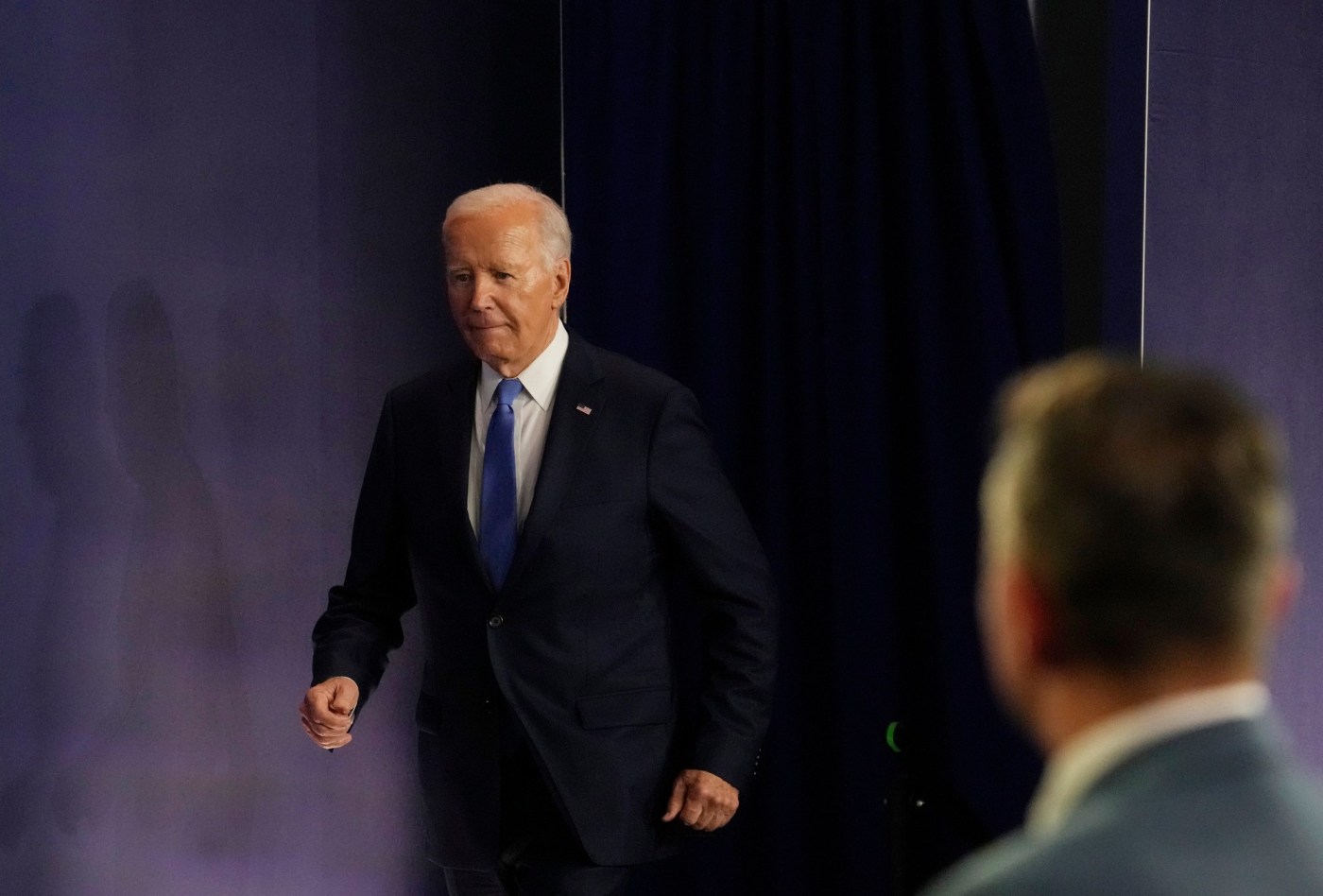
Bruce Yandle: Biden’s effort to bring housing relief with price controls: Easy to conceive, hard to deliver
Calling for price controls to bring down inflation is like having a baby — easy to conceive but hard to deliver.
In an ironic but understandable turn of events, given that it is “crazy season” when desperate politicians try almost anything to get elected, Joe Biden has announced a White House effort to impose IRS-administered controls on rents charged by landlords in major markets across the United States.
Let’s face it, the idea of just outlawing price increases to limit inflation has superficial appeal. But the Biden proposal should be dismissed for what it is, a clumsy election year attempt to attract some more votes by appearing to quench inflationary fires that Biden himself ignited.
The Biden proposal intends to limit rent increases to no more that 5% per year and applies to landlords nationwide with 50 or more rental units in their portfolios. One can expect to see lots of portfolios with 49 properties. Those who fail to comply will lose valuable income-tax depreciation write-offs. But, of course, the mischief comes in managing the price-control nightmare that follows.
During the failed Nixon/Ford/Carter wage-price control efforts of 1974-1978, I was a senior economist on the staff of the President’s Council on Wage & Price Stability. There were hundreds of analysts involved in managing the controls. Of course, an escape mechanism had to be provided for situations where economic shocks would raise costs that somehow had to be covered. Aggrieved parties could appeal to the secretary of treasury.
A much-discussed appeal involved Girl Scouts of America who faced rising costs for their cookies. They won. But did it make sense to have the U.S. Treasury Secretary dealing with Girl Scout cookie prices, or now, to have the President of the United States telling landlords how to price their services?
There is no doubt about it. Rising housing prices are a real issue. As noted in the Bureau of Labor Statistics most recent June 2024 Consumer Price Index report: “The index for all items less food and energy rose 3.4 percent over the past 12 months. The shelter index increased 5.4% over the last year, accounting for over two-thirds of the total 12-month increase in the all items less food and energy index.”
Interestingly, though, just a few days prior to Biden’s rent-relief announcement, Secretary of Treasury Janet Yellen in congressional testimony never mentioned greedy landlords but indicated that rising housing costs are the result of efforts by the Federal Reserve (Fed) to reduce inflation by way of higher interest rates. After all, the Fed tightens, mortgage rates rise, and housing becomes more expensive.
Yellen stated: “Elevated prices and the high interest rates designed to fight them have made housing prices rise over the past few months.” She had earlier announced administrative changes designed to facilitate improved access to housing finance.
It can be argued strongly that the inflation spiral that delivered higher priced housing resulted from Biden’s 2021 decision to send $1.9 trillion of newly printed dollars to U.S. citizens to ease their unhappy COVID encounters. Very quickly, the new dollars started chasing a limited supply of goods and services. Inflation increased, and the Fed responded.
Calling for price controls to remedy the situation will likely bring less housing and more mischief than improved wellbeing.
Bruce Yandle is a distinguished adjunct fellow with the Mercatus Center at George Mason University, dean emeritus of the Clemson University College of Business & Behavioral Science, and a former executive director of the Federal Trade Commission. He wrote this column for Tribune News Service.
Related Articles
Greg Meyer: Too often, police shootings show the perils of ‘de-escalation’
F.D. Flam: Guns maybe aren’t as good for self-defense as America thinks
Other voices: Hiding medical debt won’t make it go away
Nir Kaissar: Vance’s rise debunks myth of trickle-down economics
David French: Works of fiction from the Republican convention


